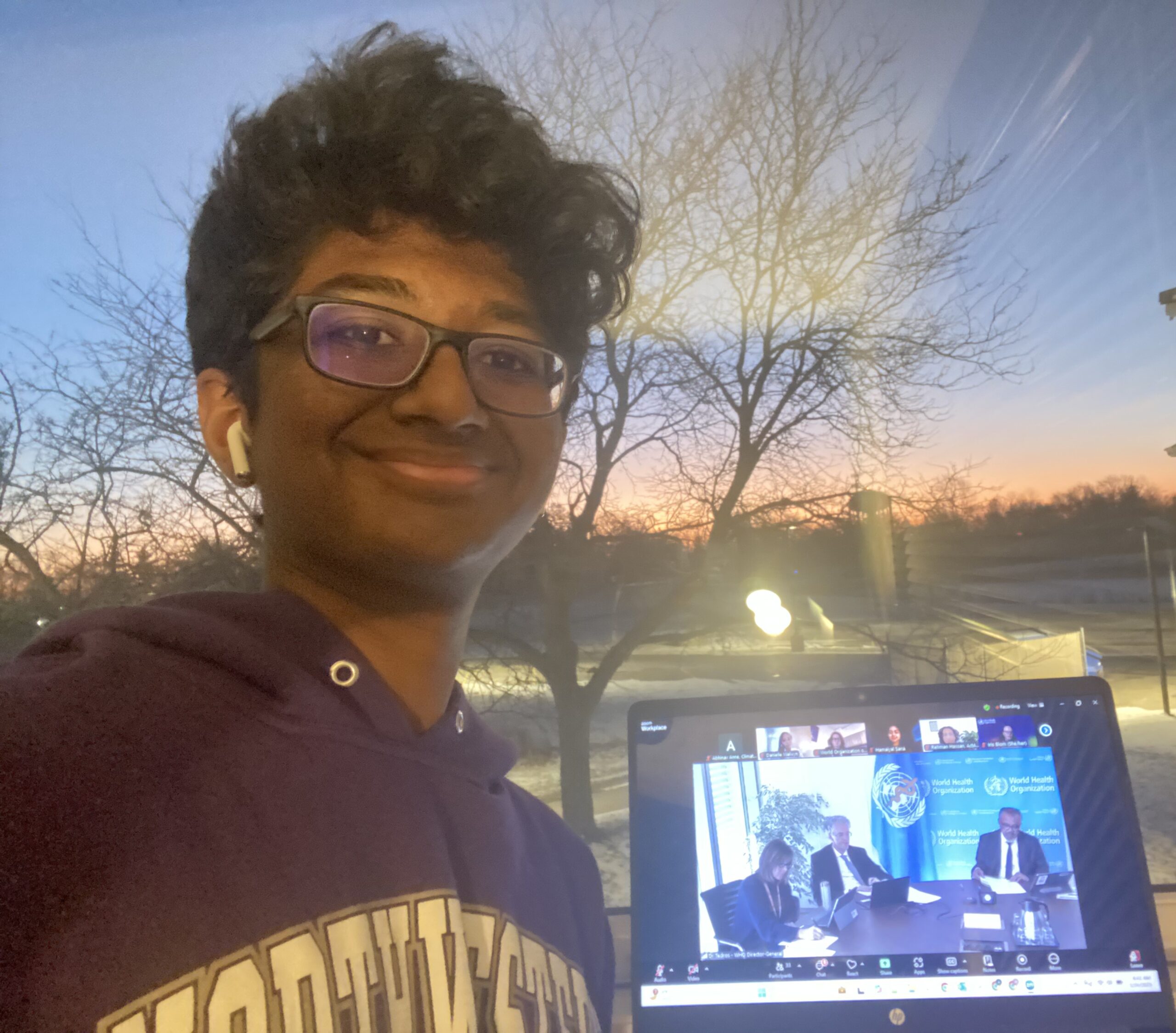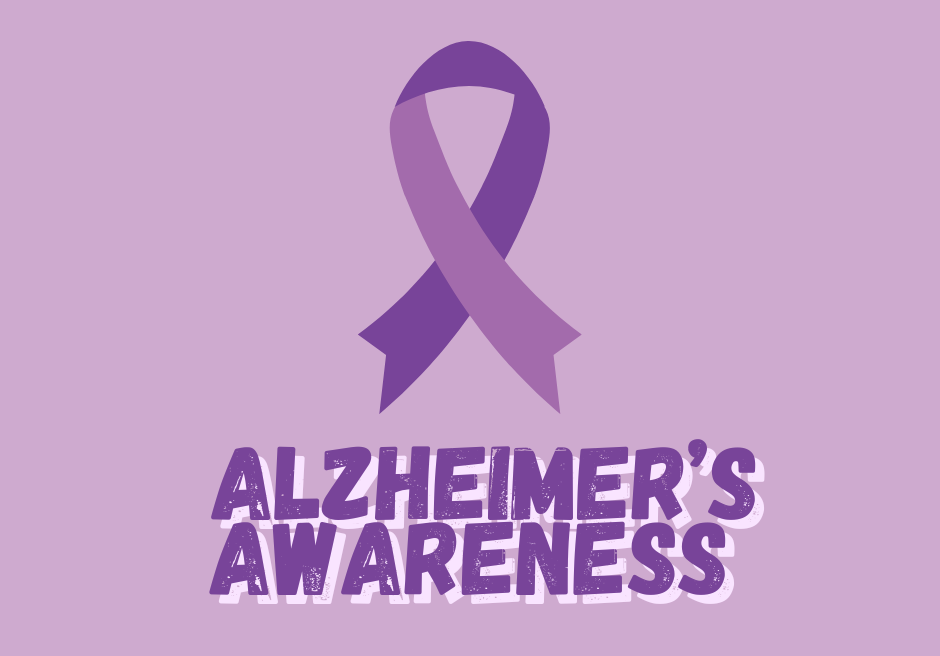Earlier this year, I felt like I was sinking under the weight of expectations I couldn’t escape. People around me had endless visions of my potential—dreams of success, impact, and leadership. But to me, those dreams felt suffocating, like chains tightening with every passing day. I carried this invisible burden quietly, convinced that if I faltered, I’d let everyone down.
There were nights when sleep eluded me, my mind spinning with self-doubt. I’d lie awake, haunted by thoughts that whispered I wasn’t enough—that maybe the only way to escape the crushing weight of it all was to disappear. In those darkest moments, I’d write. I poured my pain into words, creating speeches, essays, and calls to action, hoping to champion a better tomorrow hoping that someone would listen.
But here’s the truth I was avoiding: words weren’t enough—not yet. I believed asking for help would make me a burden, that admitting I was struggling would make me weak. That belief nearly cost me everything. It took courage to reach out, to tell someone I was hurting. And when I finally did, I discovered a truth: survival isn’t just existing through the pain—it’s choosing to fight for yourself when it feels like no one else will.
That fight became my mission. It wasn’t just about surviving anymore; it was about creating change. I realized that the pain I carried wasn’t mine alone—countless young people around me were struggling in silence, weighed down by stigma, by the fear of being judged or dismissed. I decided I couldn’t let their voices go unheard.
That’s when I began working on a youth-driven mental health bill. This policy is personal. It’s designed to integrate comprehensive mental health education into schools, ensuring every student learns about coping mechanisms, signs of mental illness, and how to access help. It prioritizes funding for on-campus mental health counselors, peer support programs, and resources tailored to youth-specific challenges.
 Imagine a classroom where mental health isn’t a taboo subject but a core part of the curriculum—where students can name their emotions, understand their struggles, and advocate for themselves and others. This bill isn’t just about policy; it’s about creating a community where no one feels invisible.
Imagine a classroom where mental health isn’t a taboo subject but a core part of the curriculum—where students can name their emotions, understand their struggles, and advocate for themselves and others. This bill isn’t just about policy; it’s about creating a community where no one feels invisible.
To my peers reading this: know that your voice is powerful. If you’ve felt the same weight I’ve described, use that experience to fuel change. Advocate in your community, organize with your peers, and speak to your local representatives. The system won’t change unless we demand it.
This bill is more than legislation—it’s a lifeline. It’s a way to build a world where no one feels so unseen that they believe their only escape is to disappear. We owe it to ourselves and to the generations after us to create a future where asking for help isn’t seen as a weakness but as a strength.
It starts with us. Together, we can create a world where no one suffers in silence. Because survival isn’t just about making it through life—it’s about fighting for one worth living.



















